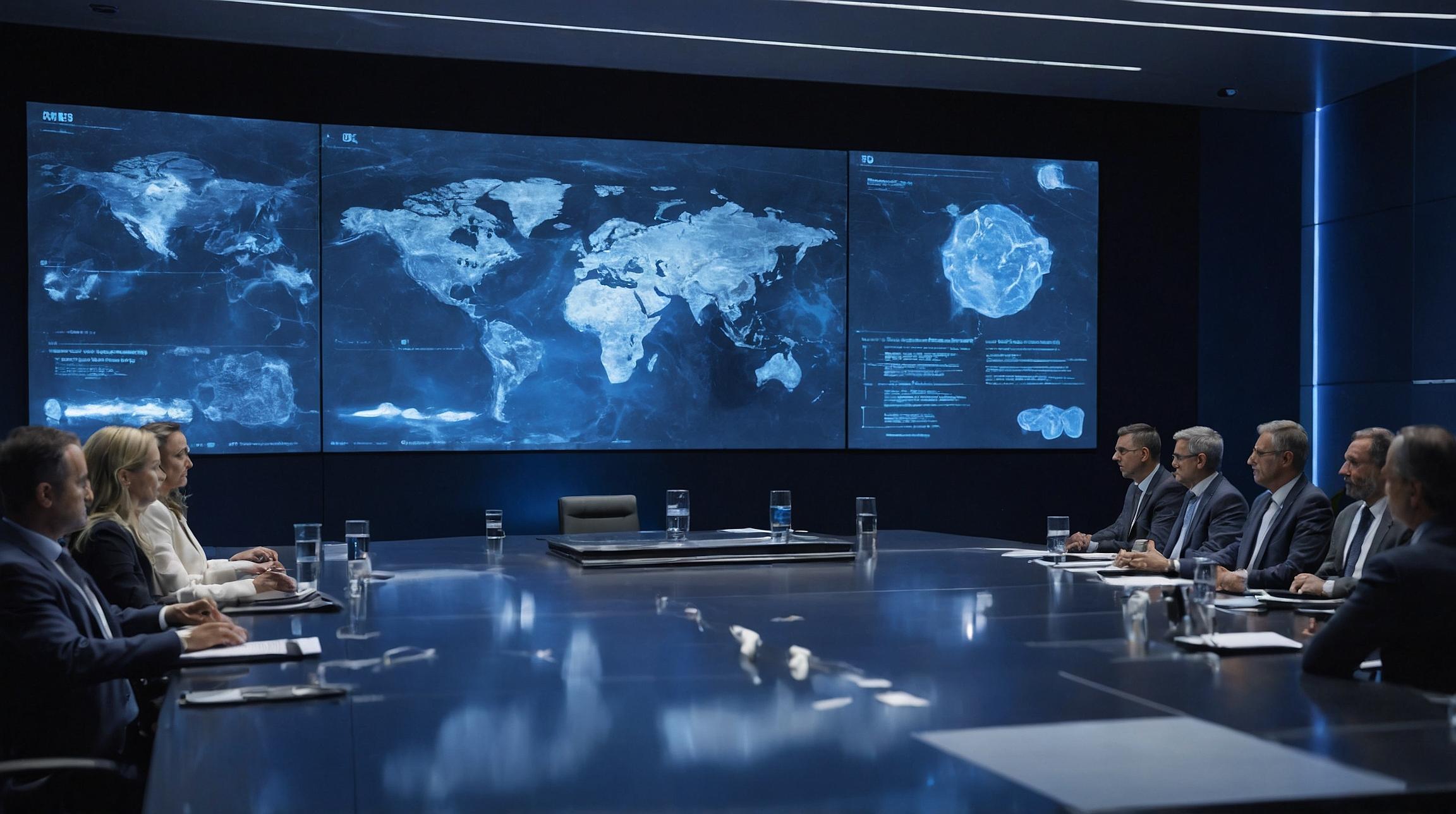NATO's New AI Strategy: Promoting Safe and Responsible Use
NATO (North Atlantic Treaty Organization) has rolled out a new artificial intelligence (AI) strategy aimed at promoting the responsible use of AI technologies. This updated strategy introduces six guiding principles that reflect the current realities and challenges posed by emerging technologies.
The New AI Blueprint
Nikos Loutas, NATO's AI policy chief, revealed the updated strategy at the London Artificial Intelligence Summit, attended by key industry stakeholders and policymakers. The new blueprint seeks to address issues related to lawfulness, accountability, and responsibility, holding AI developers accountable for their creations.
Six Guiding AI Principles
The updated strategy now includes six core principles to ensure AI is used safely and ethically:
- Lawfulness: Ensuring AI systems comply with laws.
- Accountability: Defining and implementing accountability measures for AI developers.
- Responsibility: Assigning clear responsibilities for AI deployment and use.
- Traceability: Tracking the history and flow of data used by AI systems.
- Explainability: Making AI decisions understandable to users.
- Reliability and Bias Mitigation: Ensuring AI systems work accurately and without discrimination.
Governance and Oversight
To put these principles into practice, NATO has formed a new Data and AI Review Board. This Board comprises experts from member states and the industry, and its responsibilities include:
- Creating Responsible AI toolkits for practical implementation.
- Guiding Responsible AI efforts within NATO.
- Developing and rolling out AI certification standards to maintain consistent values and international law adherence.
Collaboration with Global Bodies
NATO's approach toward responsible AI aligns with global efforts. The United Nations Security Council has also recognized AI as a significant existential threat akin to nuclear war, prompting the need for stringent regulations. UNESCO Director-General Audrey Azoulay emphasized that while generative AI can drive human development, it also poses risks that must be managed through public engagement and proper safeguards.
A Technological Superiority Drive
Loutas highlighted that maintaining technological superiority in AI is crucial for NATO. A failure to keep pace could expose member states to severe threats, including potential AI-guided missile attacks from adversaries. Therefore, NATO will closely monitor AI advancements by competitor nations.
Regional and International Cooperation
The collaborative approach to AI regulation extends to other global entities such as the European Union (EU) and the United Kingdom (UK). The UK's Bletchley Declaration is considered a significant achievement in ensuring developers follow responsible AI practices.
Integrating Blockchain Technology
For AI to operate effectively and within legal bounds, integrating an enterprise blockchain system is essential. This ensures the quality and ownership of data inputs, keeping data safe and guaranteeing its immutability.
NATO's updated AI strategy represents a monumental step in securing the responsible use of AI across member states, aligning with global standards to mitigate potential risks.













